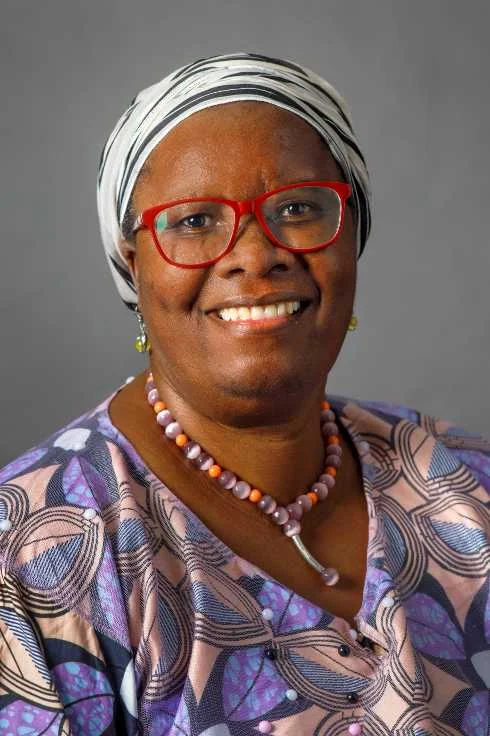
The International Day of the Girl Child was celebrated on October 11, with this year’s theme, “Girls’ Vision for the Future.” Over the years, laws have been enacted to protect girls from early marriages.
UN Assistant Secretary-General and UN Women Deputy Executive Director for Normative Support, UN System Coordination, and Programme Results, and AU Goodwill Ambassador on Ending Child Marriages in Africa, Ms. Nyaradzayi Gumbodzvanda, has been a vocal advocate for the challenges young women face.
In 2015, she led the “We Are Girls, Not Brides” campaign to raise awareness about these issues. Zimbabwe’s former First Lady, Grace Mugabe, also pushed for change, suggesting castration for paedophiles and rapists.
Nearly a decade later, the same issues persist. Across Africa, women are often encouraged to settle down rather than pursue education. They are seen primarily as child bearers and homemakers. In many rural parts of Zimbabwe, particularly in areas where the Apostolic Church sect is prevalent, such as Mt. Darwin, girls are denied the chance to continue their education. At just 14, a girl is considered old enough to be a mother, and parents often allow their daughters to be married off. While poverty is often a contributing factor, it does not justify taking a girl out of school to become a bride.
There are many expectations placed on young girls, while boys are given opportunities to attend school or explore other paths to survival. Recently, The Herald reported that 12 Grade 7 students were unable to sit for their exams because they were pregnant. Another headline revealed that 680 minors were impregnated in the first half of the year.
Childbirth is a difficult experience even for grown women, yet young girls are forced to endure it every day. Chipo Tsitsi Mlambo, founder of the RhoNaFlo Foundation, advocates for maternal health and provides support to vulnerable girls. Many of these girls are also at risk of domestic violence and sexually transmitted diseases from their partners.
It is rare to hear of a 14-year-old boy being married, yet society has normalized the marriage of girls under the excuse of “Girls Mature Faster.” Do women really mature faster, or are they simply not given the same freedom to make mistakes as boys their age?
In conclusion, while progress has been made in protecting girls from early marriages, deep-rooted societal norms continue to deprive young women of the opportunities they deserve. To truly empower girls, it is essential to challenge these outdated beliefs, prioritize their education, and safeguard their health and rights. Only then can we realize a future where girls are free to pursue their dreams and contribute fully to society.




